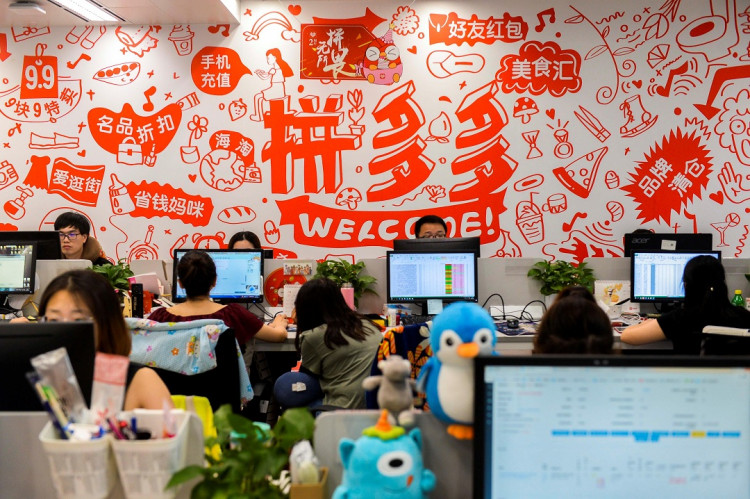In preparation for China's largest one-day shopping event, regulators have now implemented strict measures to curb the spread of fake promotional materials and advertisements. Authorities have rounded up the country's largest e-commerce companies to inform them of the proper guidelines in the rollout of their respective promotional activities.
In Shanghai, 22 of the city's largest e-commerce operators have been briefed on the requirements and regulations pertaining to their advertising activities. This included an outright ban on false advertisements aimed at enticing customers to their respective platforms. Among those that were on the government's list included Pindoudou, Ymatou, Gome Online, Meituan Dianping, Eleme, J1, Yaofangwang, and Tuhu.
Beijing also made the same move last week with the city's market supervision body gathering 10 of its major e-commerce platforms. E-commerce giants based in Beijing were offered administrative guidance and strict regulations to follow in the days leading up to the "Double 11" event next week. Tmall and JD.com were reportedly part of the major e-commerce platforms that were summoned by the government agency.
One of the main focuses of the gatherings was to outline what is allowed and not allowed when it comes to releasing advertisements and promotional materials. The rules are aimed at regulating and controlling the amount and content of the promotional materials and media for the upcoming online shopping frenzy.
According to market regulators, one of the major problems that it has seen occur during the days leading up to the event is the spread of false and inappropriate advertisements. Some platforms apparently launch smear campaigns against competitors in order to steal away customers. Meanwhile, other companies launch advertisement with false claims of their products or promotions to get customers' attention.
Regulators are also keeping an eye on the prices of items being sold on the e-commerce platforms in the days leading up to the Double 11 event. It is apparently a common practice for some platforms to increase the prices of their goods days before the event, then reducing them during their promotional campaign. This practice still apparently falls under false advertising and platforms caught doing this could be facing steep fines.
E-commerce shopping in China is rapidly evolving and regulators are having a hard time keeping up. New selling methods such as shopping notes and online live stream selling are becoming very popular amongst shoppers. Due to the nature of these selling methods, regulators are finding it hard to supervise content.
China's Double 11 shopping spree is currently the world's largest one-day online shopping event. The revenues and sales volume it generates eclipses other global shopping events, including Amazon's Prime Day and even the US' Black Friday.






